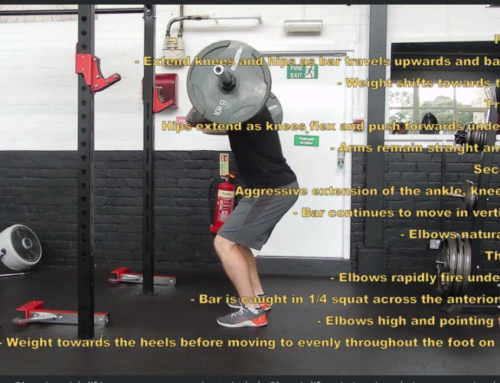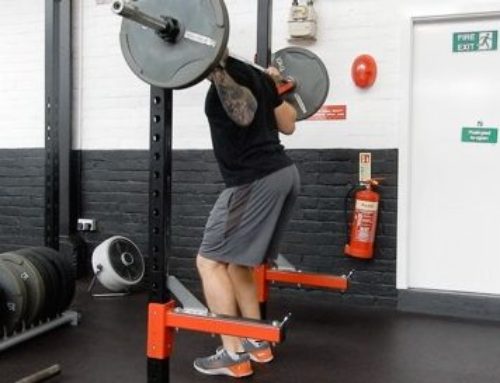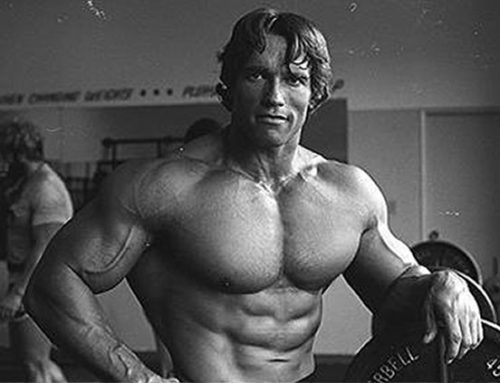How many times have you heard, “Oh I don’t need much sleep I function just fine without it” or, “sleep is for the weak!” I hear it pretty often and probably have been guilty of saying something similar myself in previous years…
Wrong!
Studies show that sleep has always been and always will be king when it comes to recovery. I have what I call a ‘triangle theory’ whereby if any one side of the triangle is missing, your desired fitness goals are going to be hindered. These are training, nutrition and recovery.
Without delving too deeply into the other two just yet, if you don’t train hard enough yet you eat well and recovery well you won’t get the results you want. If you train and recovery well but don’t get sufficient nutrition to support this you won’t adapt like you hope. And if you train the house down and eat like a king yet don’t sleep, you won’t recovery efficiently between workouts.
The stages of sleep
Every time we sleep we experience 5 stages of sleep. Stages 1-4 and the last one is rapid eye movement or REM sleep. Each cycle of sleep repeats every 90 minutes or so before it starts again. Actual sleep is entered at stage 2 followed by 3 and 4 as we enter a deeper sleep with each stage. Once we have passed stage 4, we enter REM sleep. This is the most active form of sleep and the holy grail of the sleep world, meaning the more times we enter REM sleep, the more efficient we will recover and adapt.
Sleep and hormones
Recovery is promoted when we sleep largely due to hormone activity. Growth hormone which is responsible for synthesis of new muscle tissue, bone growth and the oxidation of fat within the body (ability to burn fat as fuel) releases and occurs during the sleep process, usually during stages 3 and 4.
Melatonin, an antioxidant is also released which is responsible for reducing inflammation along with supporting immune function and to ensure the endocrine system is working optimally. It’s also pretty key to know that melatonin is very light dependent and therefore regulates circadian rhythms. The darker the room, the more melatonin is released.
Sleep also promotes the restoration of the central nervous system along with the metabolic expenditure of the previous training day and stimulates the memory and learning potential from the training undertaken. This all means with improved sleep comes greater adaptation.
Applying it in the real world
Now straight away people are going to jump out of their screens and tell me they can’t get 10 hours of sleep per night, and I get it, it’s not always realistic.
A minimum of 7 hours is usually regarded as the amount of sleep an athlete needs per night (1), but this will differ from person to person and regardless of who you are, every athlete would benefit from more than this. In numerous studies, 10 hours sleep per night has been shown (2) to directly improve performance measures along with brain and improved cognitive function. So it goes to show you the level you need to invest in order to get the maximum return from your sleep.
On the other hand however, many people couldn’t even stay in bed for 10 hours let alone sleep that long! So, in another study it was concluded that for people who only got 4 hours of sleep per night, having a 30 minute nap the following day also significantly increased brain and cognitive function along with decision making (3).
Recommendations
As previously mentioned, getting 7 hours sleep per night as a minimum will significantly increase performance, if you can’t and you get less then try taking a 30 minute nap the following afternoon to still see some benefits.
Along with the above, try factoring in some of the below in order to maximise recovery time and make the most of however much sleep you do get.
– Keep sleeping and waking times consistent, body becomes more efficient within set times.
– Avoid blue light (iPad, iPhone, laptops) 1-2 hours prior to sleep to avoid loss of melatonin release.
– Invest in a black out blind or worst case scenario get an eye mask to limit amount of light in the room.
– Avoid noisy surroundings when sleeping.
– Cooler room over hotter room – heat exposure leads to greater wakefulness and poorer sleep quality.
The benefits of sleep are so often overlooked as it’s something we all take for granted. I guarantee if you invest time in to your sleep patterns you will see a greater return not only in your athletic performance but your working life and decision making also!



Leave A Comment